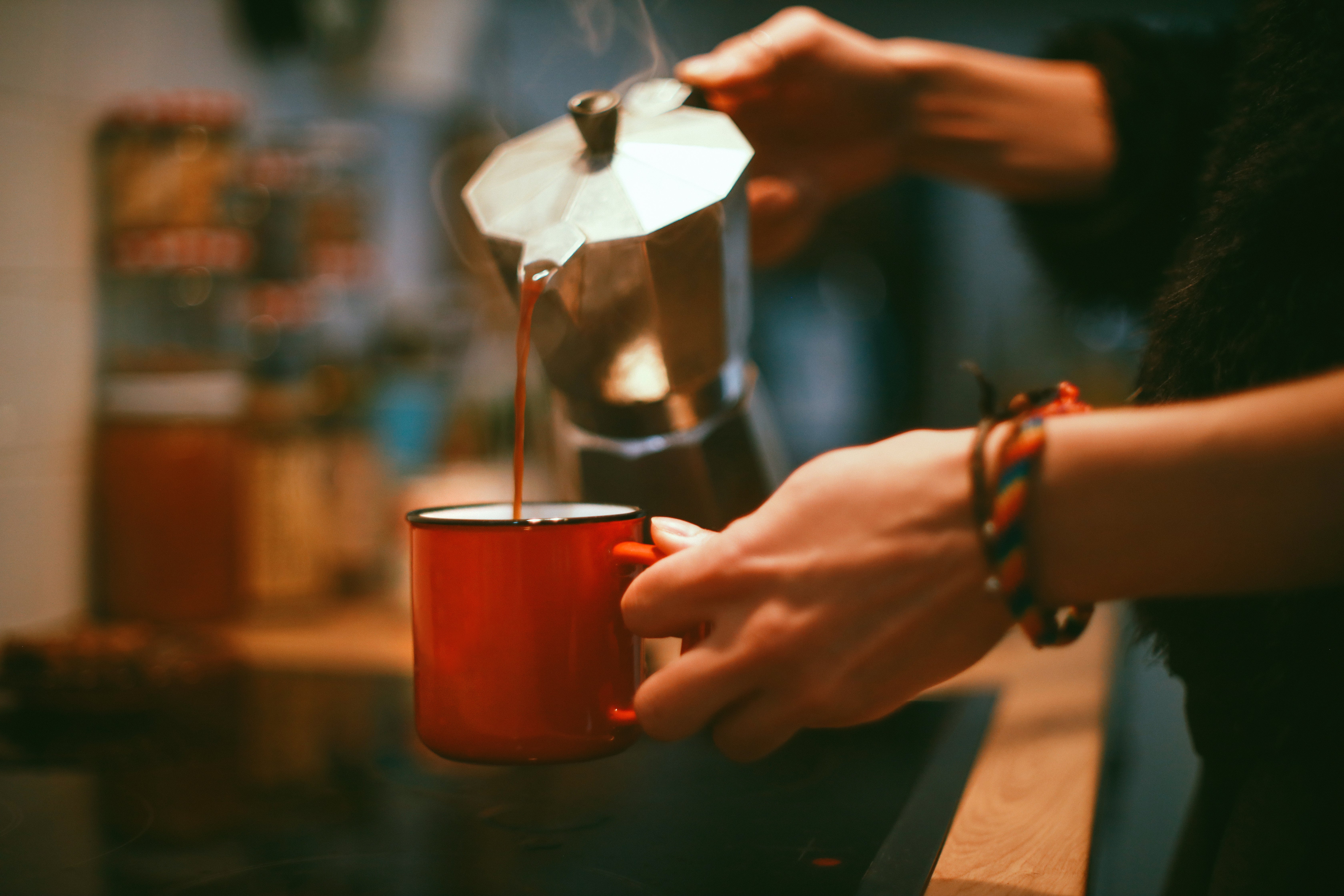Here’s when to stop drinking coffee to get a good night’s sleep
Women on the contraceptive pill take twice as long to metabolise caffeine

Your support helps us to tell the story
From reproductive rights to climate change to Big Tech, The Independent is on the ground when the story is developing. Whether it's investigating the financials of Elon Musk's pro-Trump PAC or producing our latest documentary, 'The A Word', which shines a light on the American women fighting for reproductive rights, we know how important it is to parse out the facts from the messaging.
At such a critical moment in US history, we need reporters on the ground. Your donation allows us to keep sending journalists to speak to both sides of the story.
The Independent is trusted by Americans across the entire political spectrum. And unlike many other quality news outlets, we choose not to lock Americans out of our reporting and analysis with paywalls. We believe quality journalism should be available to everyone, paid for by those who can afford it.
Your support makes all the difference.The body takes up to 12 hours to metabolise a cup of coffee, which could affect night sleep, research suggests.
For many of us, a cup of tea or coffee in the morning, followed by a pick-me-up in the afternoon has become a daily routine. The British Coffee Association predicts that people in the UK drink 95 million cups of coffee every day.
The quantity of caffeine being consumed, coupled with our daily habits and lifestyle choices may be playing a significant role in our quality of sleep, according to researchers.
While NHS advice says it is fine to drink coffee or tea as part of a balanced diet, it is generally accepted that the average adult should drink no more than four cups a day. Caffeine also affects some people more than others, which means the impact of when we drink the coffee will vary.
“If you're getting tremors, feeling suddenly nervous, or your heart rate is changing, it could well be that you're drinking too much caffeine. And similarly, it can interfere with a good night's sleep,” Rob Van Dam, a professor at the National University of Singapore told CNN.
Mr Van Dam advises those who have sleep troubles to cut down on the amount of caffeine they are having, and try not drinking it after a certain time in the afternoon.
“It's really something every individual has to experiment with for themselves — how much caffeine they drink and when they drink it,” Mr Van Dam added.
The Sleep Foundation says that the maximum effects of caffeine occur between 30-60 minutes after consumption, but the metabolism of caffeine takes much longer.
Our bodies can take up to six hours to process just half the amount of caffeine in a cup of coffee, which means that the last cup of coffee you drank around 5pm in the afternoon could keep you up at night.
Several lifestyle factors also play a significant role. As noted by Mr Van Dam, women who take oral contraceptives may be more susceptible to the effects of a late afternoon cup of coffee as it takes them twice as long to metabolise caffeine.
This is because birth control inhibits cytochrome P450 1A2, the enzyme which breaks down caffeine in the body.
In contrast, people who smoke process caffeine twice as quickly, and are likely to be able to drink their last cup of tea or coffee later in the afternoon and still get a good night’s rest.
“Genetics also plays a role, since some people have variants in their genetic code that affects enzymes in the liver that metabolise and get rid of the caffeine. This can make you metabolise it slower or faster, too,” Mr Van Dam added.
Join our commenting forum
Join thought-provoking conversations, follow other Independent readers and see their replies
Comments